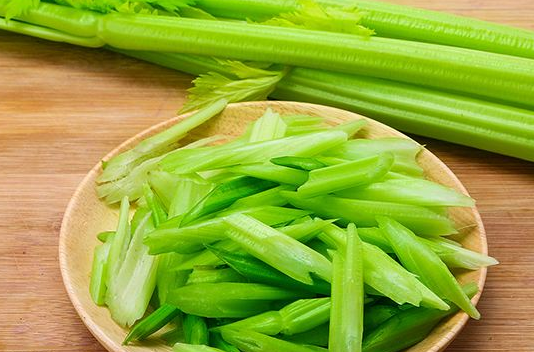As age increases, many elderly people will develop vascular diseases, and diseases like hypertension are very common, and hypertension has become increasingly common among young people in recent years. Although hypertension is not fatal, once it occurs, it is very painful, and if the blood pressure is too high, it can easily lead to complications. For example, myocardial infarction, cerebral infarction, and failure are all related to hypertension.
Can celery really lower blood pressure? It’s better for hypertensive patients to eat like this
Celery is a very common vegetable in daily life, and it has high nutritional value. We all know that celery belongs to foods rich in dietary fiber, containing nicotinic acid, vitamin B, and vitamin C, as well as various trace elements. Eating celery properly can indeed have a certain effect of lowering blood pressure, mainly due to the presence of celery in celery.
However, the content of celery in celery is relatively low, so we need to eat a certain amount to lower blood pressure, and relying solely on celery to lower blood pressure is not reliable. If celery could really lower blood pressure, why would we still research antihypertensive drugs? So, celery’s blood pressure-lowering effect is only an auxiliary therapeutic effect.
In fact, once we have high blood pressure, we need to pay attention to eating less food with high sodium content in our daily diet, and celery happens to be a naturally salty vegetable. The sodium content in celery is very high, with about 160 mg of sodium in 100 g of celery, equivalent to about 0.4 g of table salt. So, if we eat too much celery, we will intake too much sodium, and when eating vegetables, it is best to use less or no salt.
Therefore, in daily life, hypertensive patients should take antihypertensive drugs in a timely manner and also change their diet habits, eat less salty food, eat more fruits and vegetables, and try to eat less high-sodium foods such as soy sauce, oyster sauce, and salad dressing.


